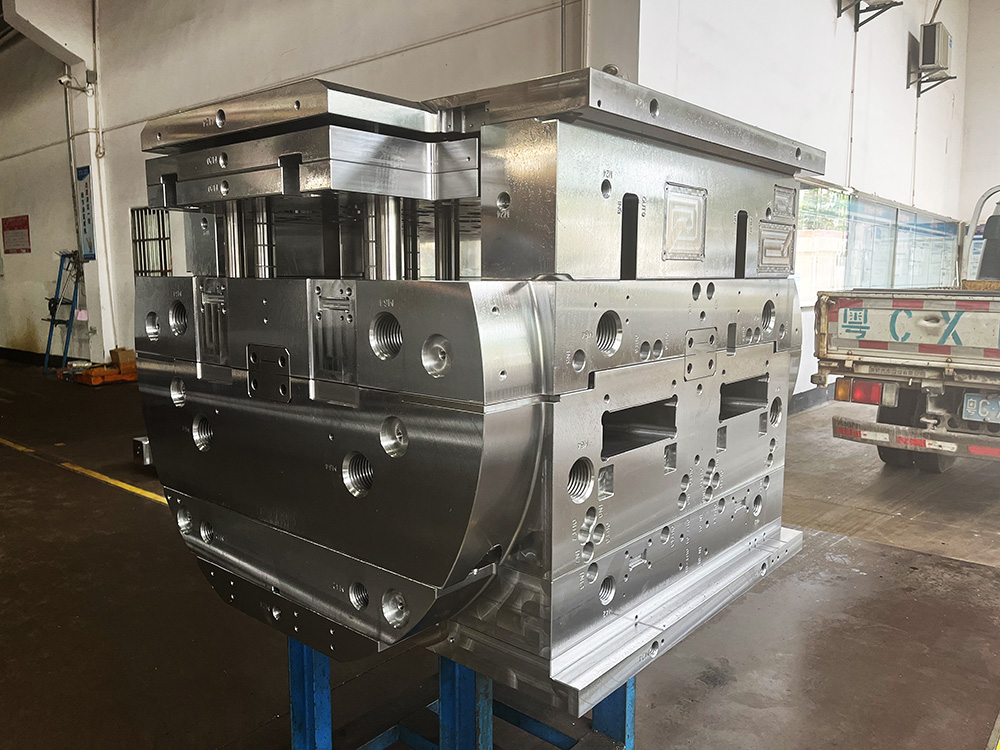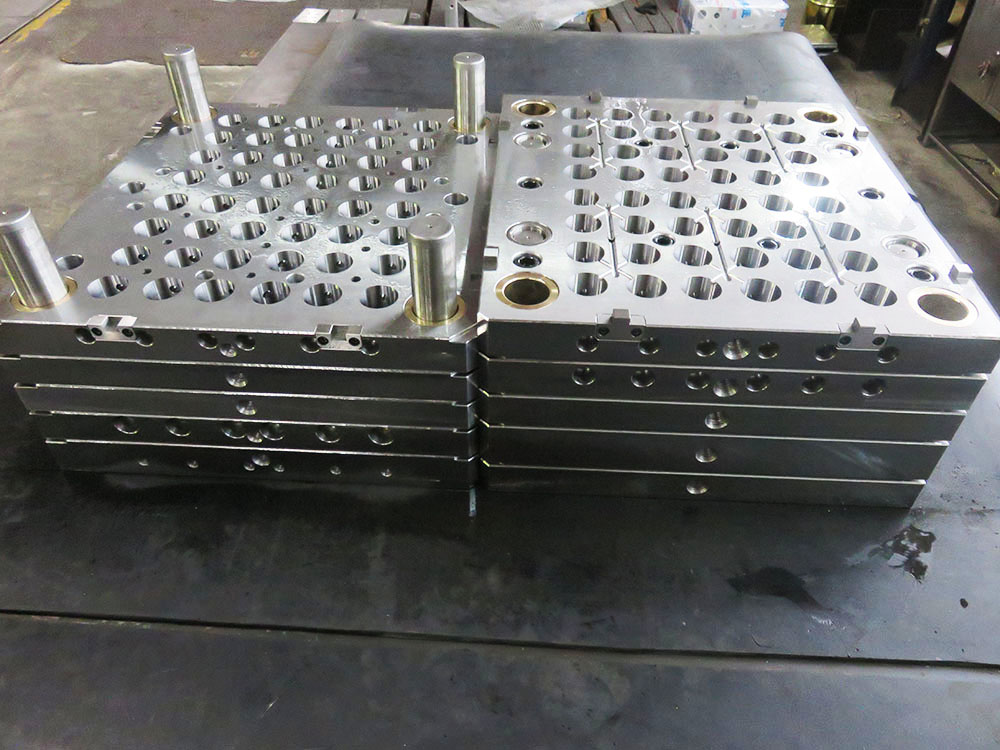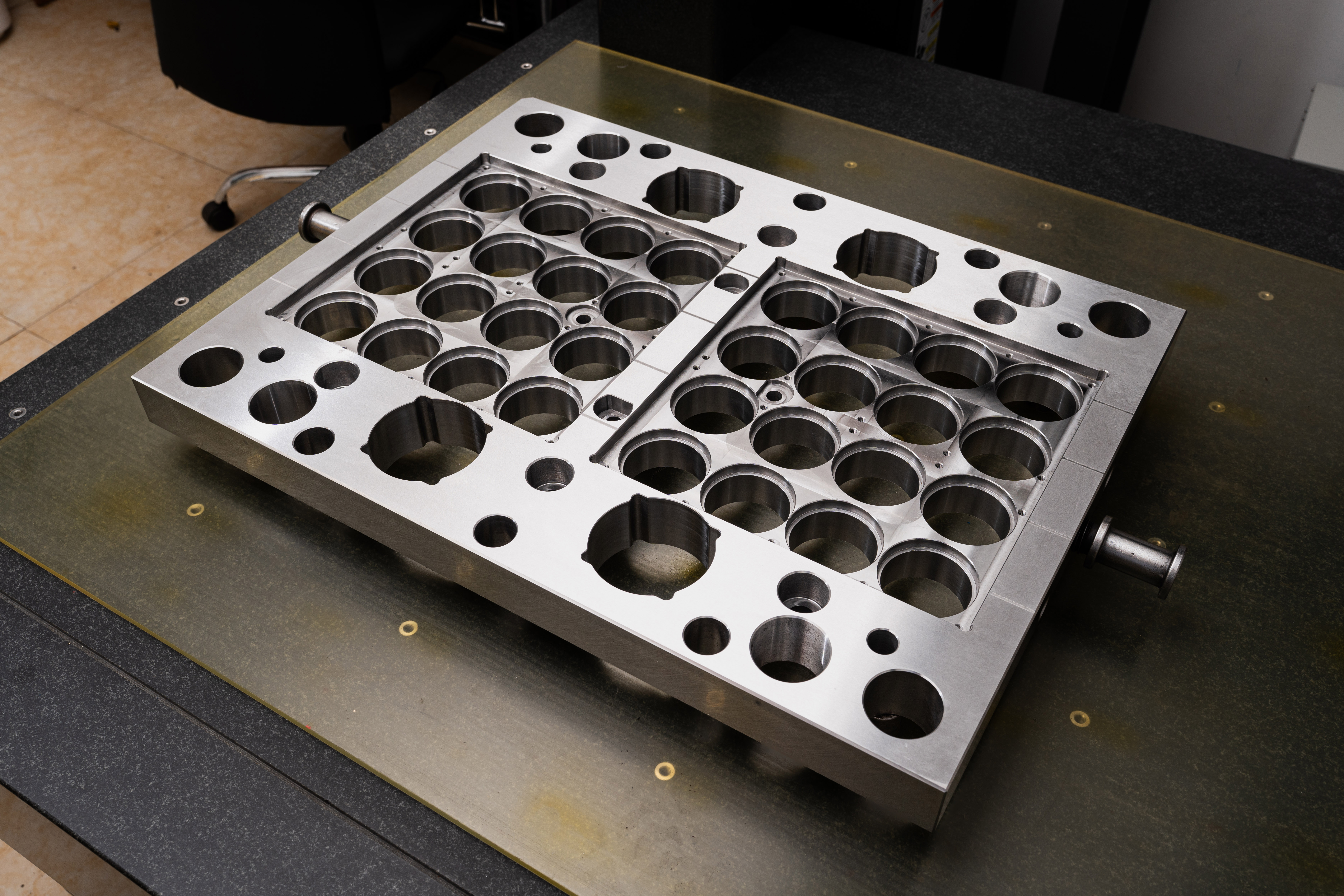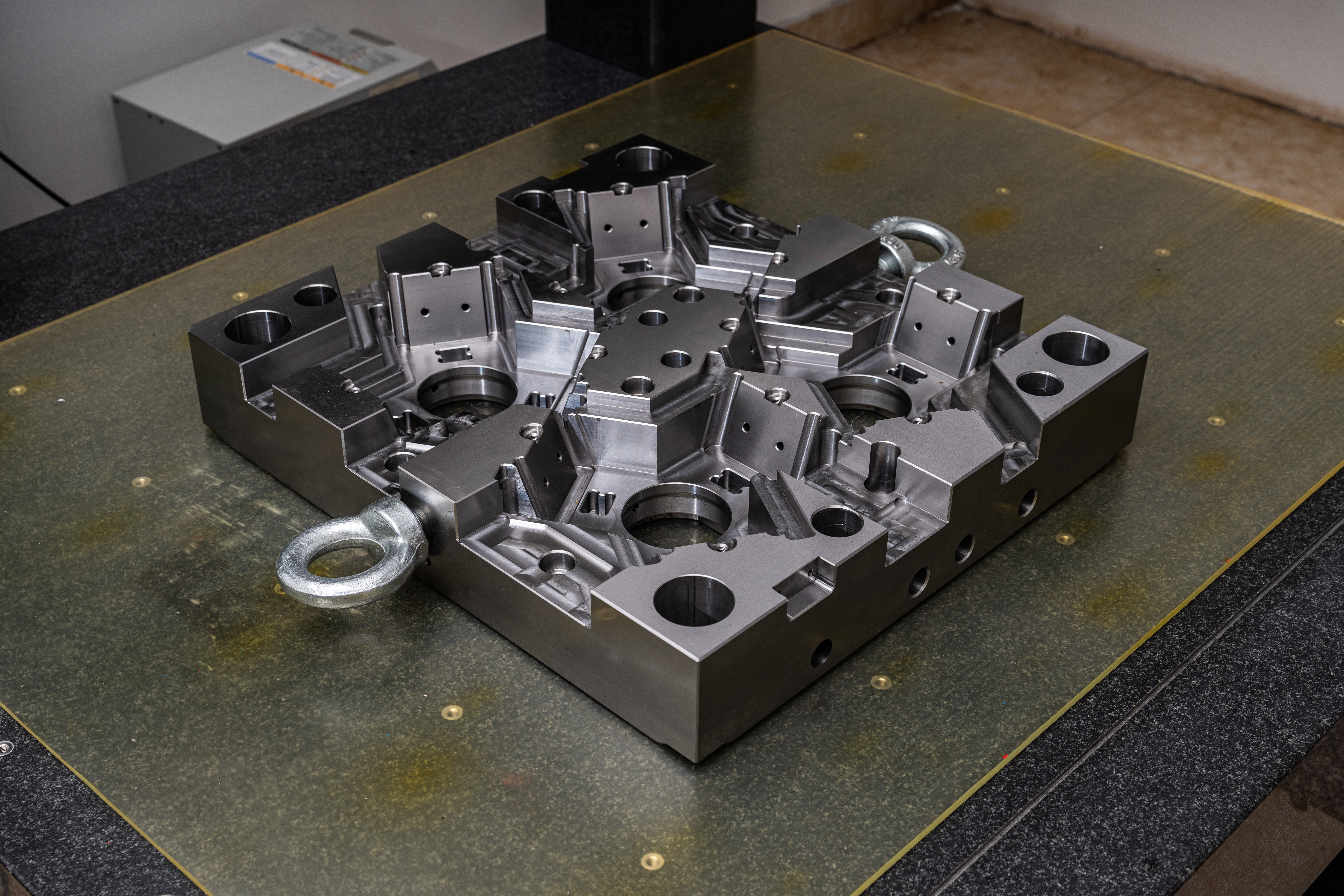Introduction to the Mold Base Industry
A modeling agency is a company that represents professional models and connects them with potential clients in the fashion, advertising, and entertainment industries. These agencies play a crucial role in managing the careers of models by arranging bookings, negotiating contracts, and providing guidance and support.
Similarly, the mold base industry plays a crucial role in the manufacturing sector by providing the foundation for the production of molds. Mold bases are the structural and functional components that form the core of injection molds used in the plastic manufacturing process. These bases serve as a platform on which various components are assembled to create a robust and efficient mold.
The Importance of Mold Bases
Mold bases are integral to the injection molding process, which is widely employed in several industries, including automotive, electronics, medical devices, and consumer products. They provide the necessary support, alignment, and stability to the mold components, ensuring precise and consistent production of plastic parts.
The primary objective of a mold base is to provide a solid platform for mounting the mold cavity, core, and other components. It also incorporates channels and ports for the circulation of cooling fluids to control the temperature during the molding process. Mold bases are typically made of high-quality tool steels known for their strength, durability, and resistance to wear and corrosion.
The Components of a Mold Base
A mold base consists of several components that work together to create a functional mold. These components include:
1. Plates: Mold bases typically consist of two main plates, the cavity plate and the core plate, which sandwich the mold inserts and other components. These plates provide strength and rigidity to the mold base and act as a foundation for the entire mold assembly.
2. Inserts: Mold inserts are precision-machined components that define the shape and features of the plastic part. They are inserted into the mold base plates and can be easily replaced or modified for different production requirements.
3. Knock-out pins: These pins are used to push the molded part out of the mold after it has solidified. They are usually spring-loaded to ensure efficient ejection and prevent any damage to the part or the mold.
4. Cooling system: Mold bases are equipped with a cooling system to regulate the temperature during the molding process. This system typically consists of water channels strategically located within the mold base to remove heat from the mold, ensuring proper cooling and faster cycle times.
5. Ejector system: The ejector system is responsible for pushing the molded part out of the mold once the cooling has taken place. It often consists of ejector pins or blades that are actuated by hydraulic cylinders or other mechanical means.
The Role of Mold Base Manufacturers
In the mold base industry, specialized manufacturers produce and supply mold bases to mold makers or companies engaged in plastic part production. These manufacturers have extensive expertise in the design, engineering, and manufacturing of mold bases. They work closely with their clients to understand their specific requirements and develop customized mold bases that meet the highest quality standards.
Mold base manufacturers utilize advanced CAD/CAM technologies and CNC machining processes to ensure precision and accuracy in the production of mold bases. They follow strict quality control procedures to guarantee the dimensional accuracy, surface finish, and overall functionality of the mold bases.
Additionally, mold base manufacturers stay abreast of the latest advancements in materials and technologies to optimize the performance and productivity of mold bases. They continually evaluate new materials, coatings, and innovations that can enhance the longevity and efficiency of mold bases, ultimately benefitting their clients in terms of cost-effectiveness and production quality.
Conclusion
The mold base industry plays a significant role in facilitating the production of high-quality plastic parts through injection molding. Mold bases serve as the building blocks of molds and provide the necessary support and functionality for efficient and precise molding operations. With the expertise and capabilities of mold base manufacturers, the industry continues to progress, meeting the ever-growing demands of the manufacturing sector.




